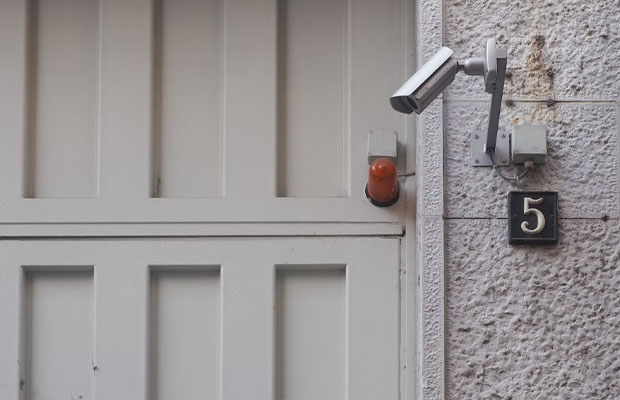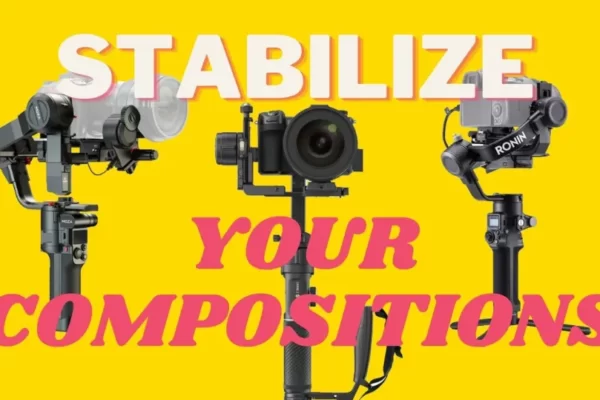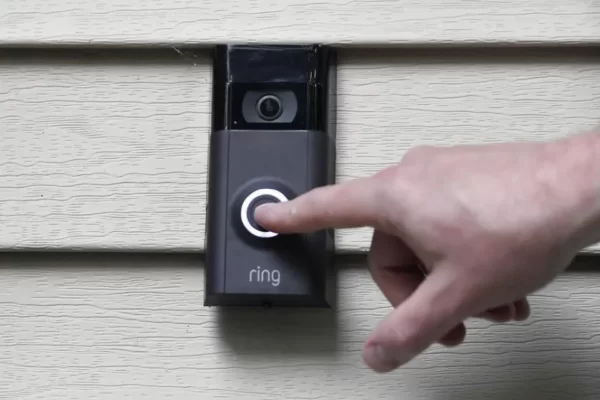According to Roy Bregman, a property law specialist at Bregman Moodley Attorneys, CCTV systems should always be installed out of consideration for a neighboring property. Issues can arise when you monitor both your own and someone else’s property.
Regarding privacy and the law, Bregman claimed that if your camera is angled so that it covers coverage of your neighbor’s yard or driveway, complaints about invasion of privacy may follow.
“CCTV surveillance in public areas is acceptable and even encouraged, but it is unreasonable to be watched on your own private property.”
The lawyer continued by saying that in South Africa, home surveillance is not inherently illegal.
Although South African law does not expressly address complaints of privacy invasion by CCTVs, the Constitution guarantees citizens a wide range of privacy rights.
The Protection of Personal Information Act in South Africa, which aims to control how personal information is processed, does not apply to purely domestic or private activity.
As a result of specific legislation being absent, the South African common law would protect you regarding your neighbour’s CCTV cameras when:
- The surveillance is of a criminal or voyeuristic nature;
- The area being monitored is one where someone would reasonably expect to have privacy, such as a bedroom or bathroom;
- The surveillance is of such intensity that it is creating a nuisance, preventing someone from the enjoyment of their property;
- A neighborhood dispute involving threatening behavior led to the installation of the cameras, which could be removed in accordance with an order for the prevention of imminent violence.
Using common sense when deciding where to place and what to point the camera toward on your property, according to Bregman, is the best way to prevent complaints.
When you install CCTV cameras, make sure that:
- You are transparent to those around you when installing your CCTV system, by informing your neighbour(s) about your system;
- They are only monitoring your property;
- If your camera is pointing directly at a neighbour’s property, you should take steps to reposition it to avoid complaints or, in some cases, accusations of violation of privacy or harassment;
- If they are overlooking the street, there is a sign informing people they are being monitored;
- They are not monitoring areas where people could reasonably expect privacy;
- The stored information is not used for any other purpose than protecting your property;
- If you record images, regularly delete the recordings and do not keep them for longer than is necessary for the protection of your property; and
- Keep any incident-related data your system collects because the police might need it to further their investigation.
Read More:
Source: BUSINESSTECH





